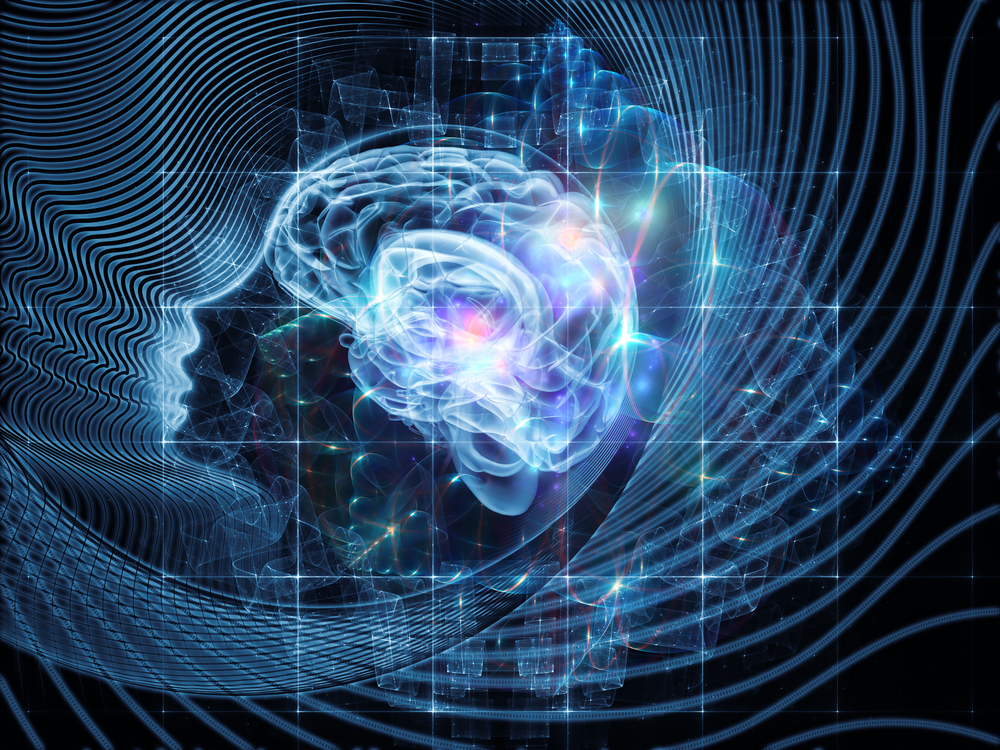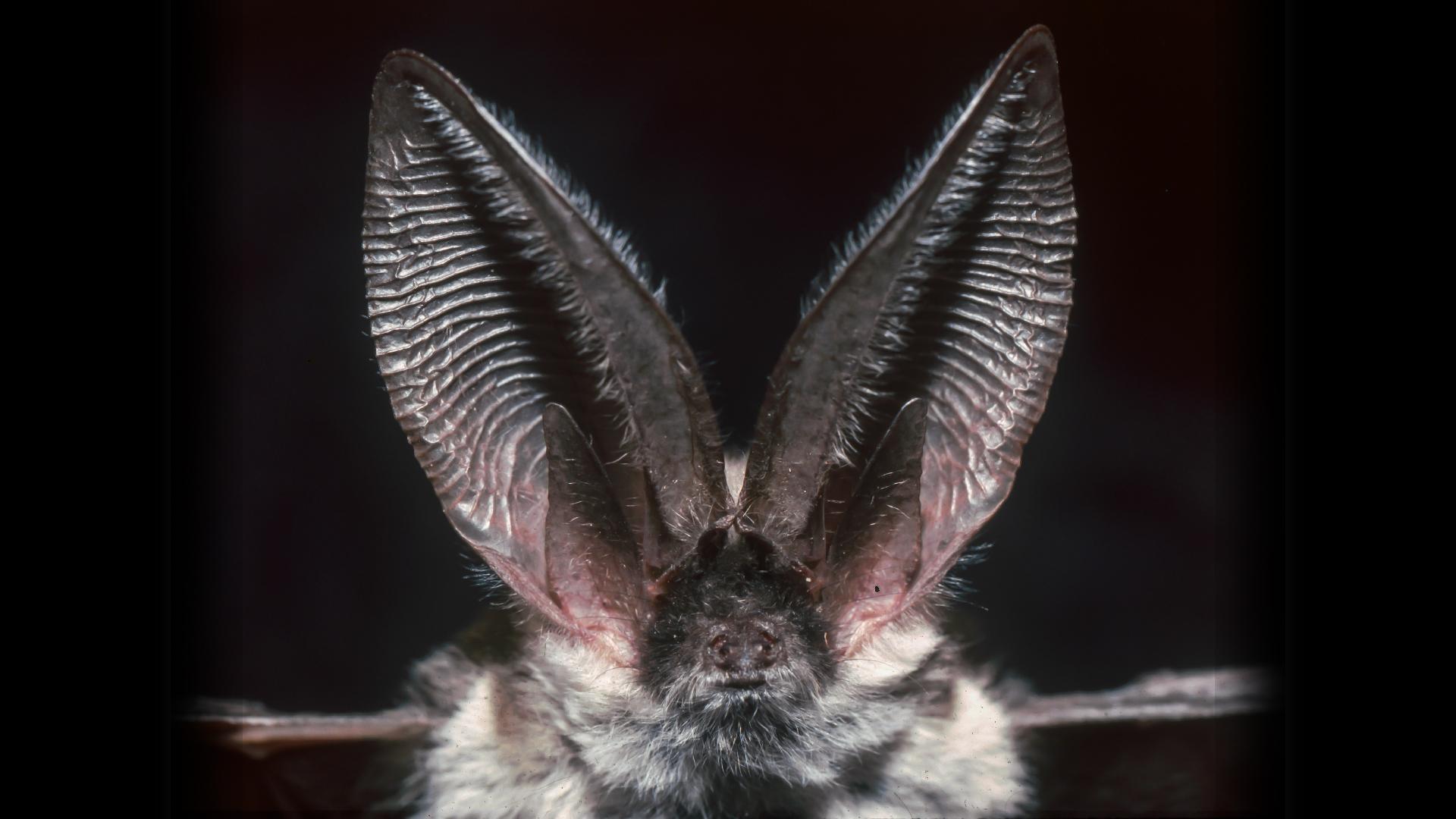Seeing Green: Pot Changes Brain's Response to Money

Smoking marijuana may change the way people's brains respond to certain rewards, such as the prospect of winning some money, according to a new study.
In the study, participants played a game in which they could win a small amount of money. The researchers found that the brains of people who smoked marijuana did not respond to the idea of winning the money as strongly as did the brains of people who did not use the drug.
The results suggest that for people who smoke pot, "there is not as much pleasure that is being received from something that would naturally give somebody pleasure," study author Mary Heitzeg, an assistant professor of psychiatry at the University of Michigan Medical School, told Live Science. [7 Ways Marijuana May Affect the Brain]
In the study, researchers looked at 108 people in their early 20s. The researchers scanned the participants' brains three times over the course of the four-year study. During the brain scans, the people played a game in which they were asked to click a button whenever they saw a target appear on a screen in front of them. Before each round, the researchers told the people that, depending on how they performed in the game, they might win 20 cents, win $5, lose that same amount of money, or have no reward or loss.
The scientists said they wanted to see what happened in the area of the brain called the nucleus accumbens, which is responsible for responding to rewards, at the moment the participants knew they might win some money. In that moment, when a person is anticipating a reward, the cells of that part of the brain are normally activated, pumping out a "pleasure chemical" called dopamine. The stronger the brain response, the more pleasure a person feels.
The people in the study who more frequently used marijuana showed weaker brain responses over time than those who used the drug less frequently or did not use marijuana at all, according to the findings, published today (July 6) in the journal JAMA Psychiatry. The more marijuana a person smoked, the weaker their brain response, the researchers found.
The new study adds to other research that has suggested that marijuana use is linked to problems with emotional functioning and academic achievement, and even changes in brain structure, the researchers said.
Get the world’s most fascinating discoveries delivered straight to your inbox.
The new research also suggests that the earlier in life a person tries marijuana, the faster that individual may transition to becoming dependent on the drug or other substances, the researchers said.
"Some people may believe that marijuana is not addictive or that it's 'better' than other drugs that can cause dependence," Heitzeg said. But the new study shows that marijuana's effects on the brain may make it more difficult for people to stop using the substance, she said.
"It changes your brain in a way that may change your behavior, and where you get your sense of reward from," Heitzeg added.
The new study shows an association between marijuana use and changes in the brain's reward system, but it does not prove that marijuana use causes the changes, Francesca Filbey, an associate professor of behavioral and brain science at the University of Texas at Dallas, who was not involved in the study, wrote in a related editorial published in the same journal. More research is needed to determine whether the changes are the cause or the consequence of marijuana use, she said.
It also possible that certain underlying genetic factors make people more likely to start using marijuana and that the same factors make them more susceptible to certain brain changes, Filbey wrote.
Originally published on Live Science.
